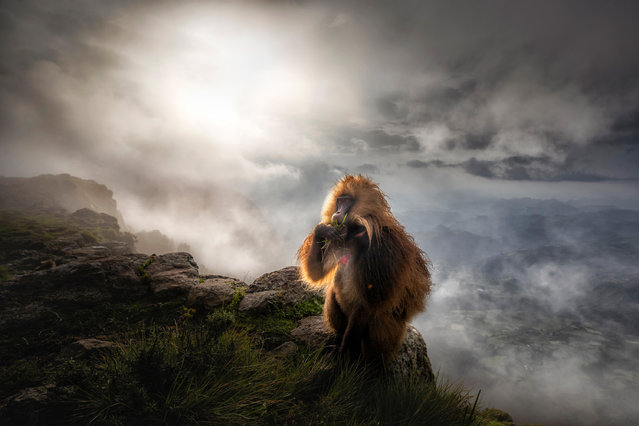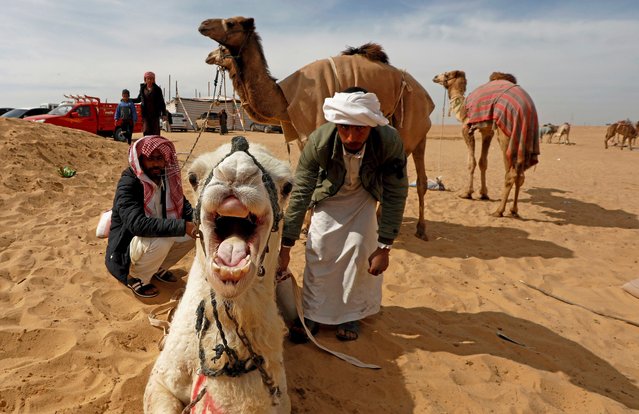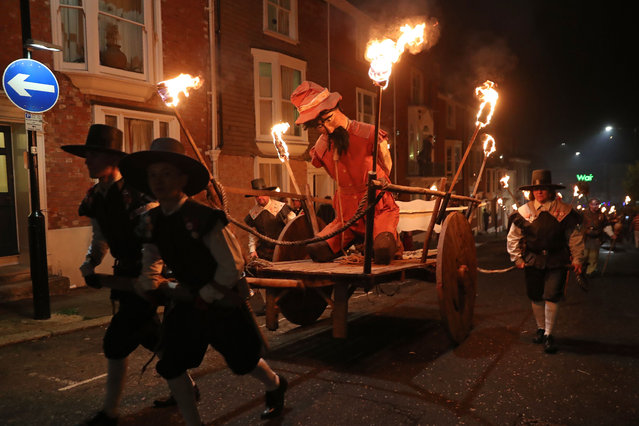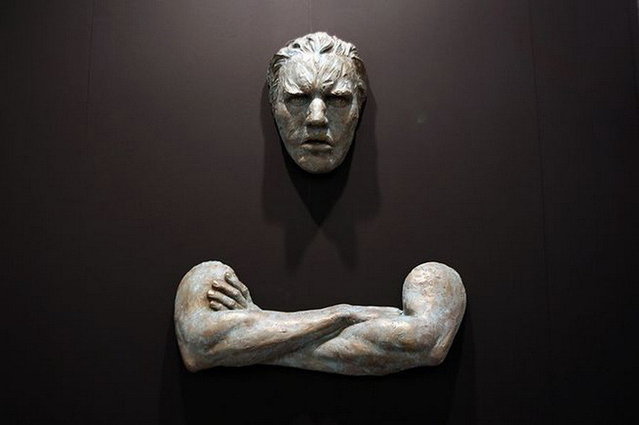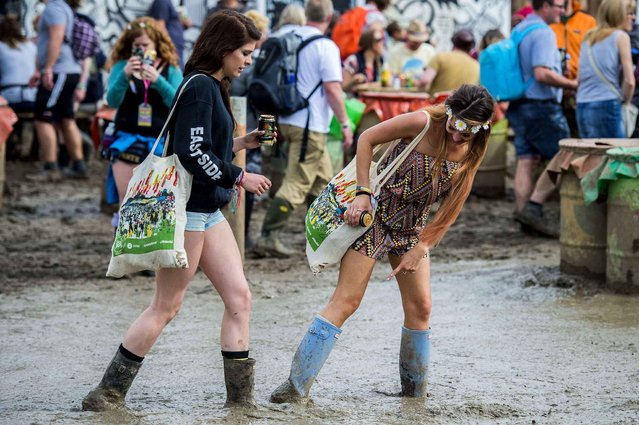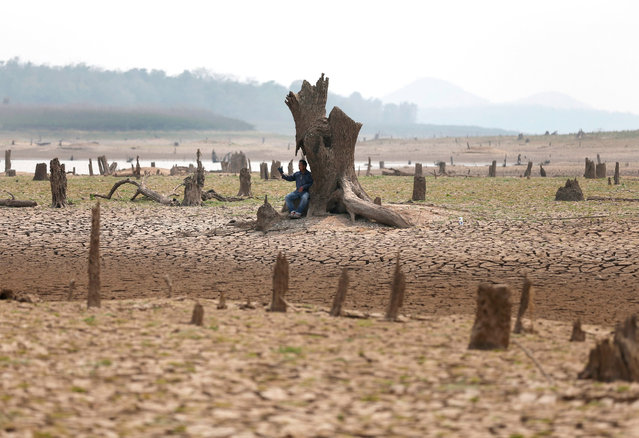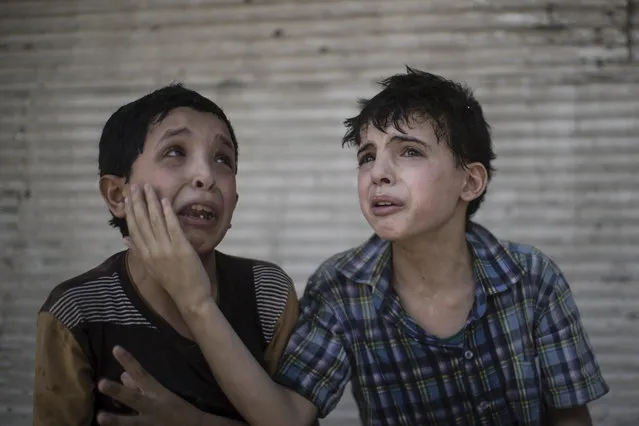
In this Saturday, June 24, 2017 file photo, Zeid Ali, 12, left, and Hodayfa Ali, 11, comfort each other after their house was hit and collapsed during fighting between Iraqi forces and Islamic State militants in Mosul, Iraq. The Ali cousins said some of their family members are still under the rubble. (Photo by Felipe Dana/AP Photo/File)
14 Oct 2021 09:07:00,post received
0 comments

